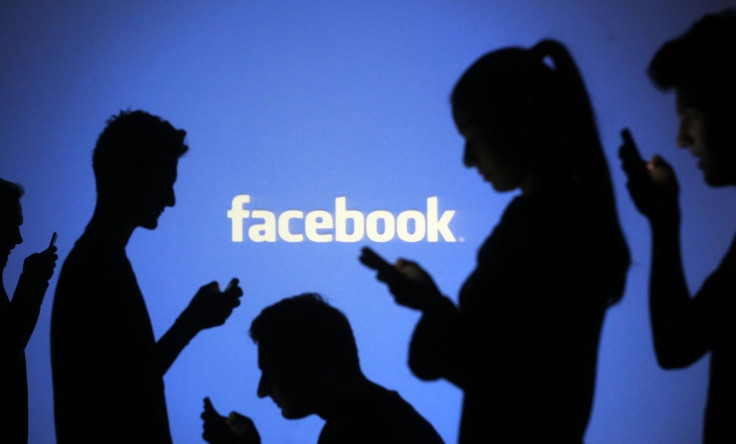‘99 days of freedom:’ This is why some people can’t quit Facebook

An ongoing Dutch study has found why some people are addicted to Facebook. Titled “99 days of Freedom,” the project invites Facebook users to keep away from the social networking site for 99 days or even longer if they want to.
The researchers from the Cornell Information Science at Cornell University in the US have already surveyed more than 5,000 participants to gauge their moods during their Facebook-free period. According to the Cornell University, the researchers have come up with some interesting reasons why the participants quitting Facebook show withdrawal symptoms.
In an article published in Social Media + Society, the researchers have listed four key reasons for the inability of some of the participants to kick the Facebook habit. The first is their perceived addiction to the social media site. Those who felt that Facebook was addictive actually found it so. Second, those who felt that Facebook was indulging in privacy intrusion and surveillance were not too likely to go back to the site.
Another reason for repeated return of some participants to Facebook was their mood subjectivity. Those who felt positive were less likely to go back to the site. Among the less addicted were also those who used other social media outlets, such as Twitter, to keep them busy.
The study’s co-author, Science and Communication Researcher Eric Baumer, says, "These results show just how difficult daily decisions about social media use can be. In addition to concerns over personal addiction, people are reluctant about corporations collecting, analysing and potentially monetising their personal information."
Eric also links the important social functions of Facebook as a reason for addiction. In some cases, it provides the only means for certain groups to keep in touch, he says, adding that these results highlight the complexities involved in taking a decision about the use of social media.
Facebook has, in fact, been the subject of several recent studies. A study conducted by researchers at the Happiness Research Institute, Denmark, found that Facebook users were 39 per cent more likely to experience feelings of unhappiness than non-Facebook users.
Contact the writer at feedback@ibtimes.com.au or tell us what you think below.





















